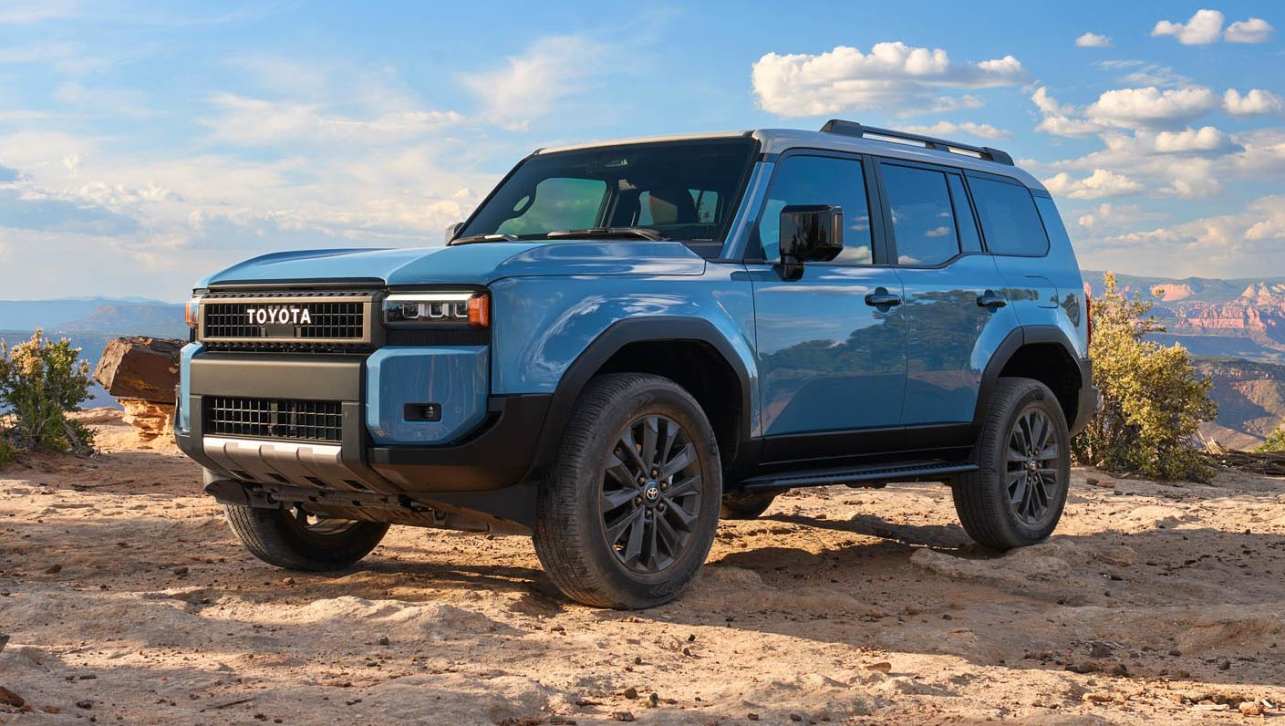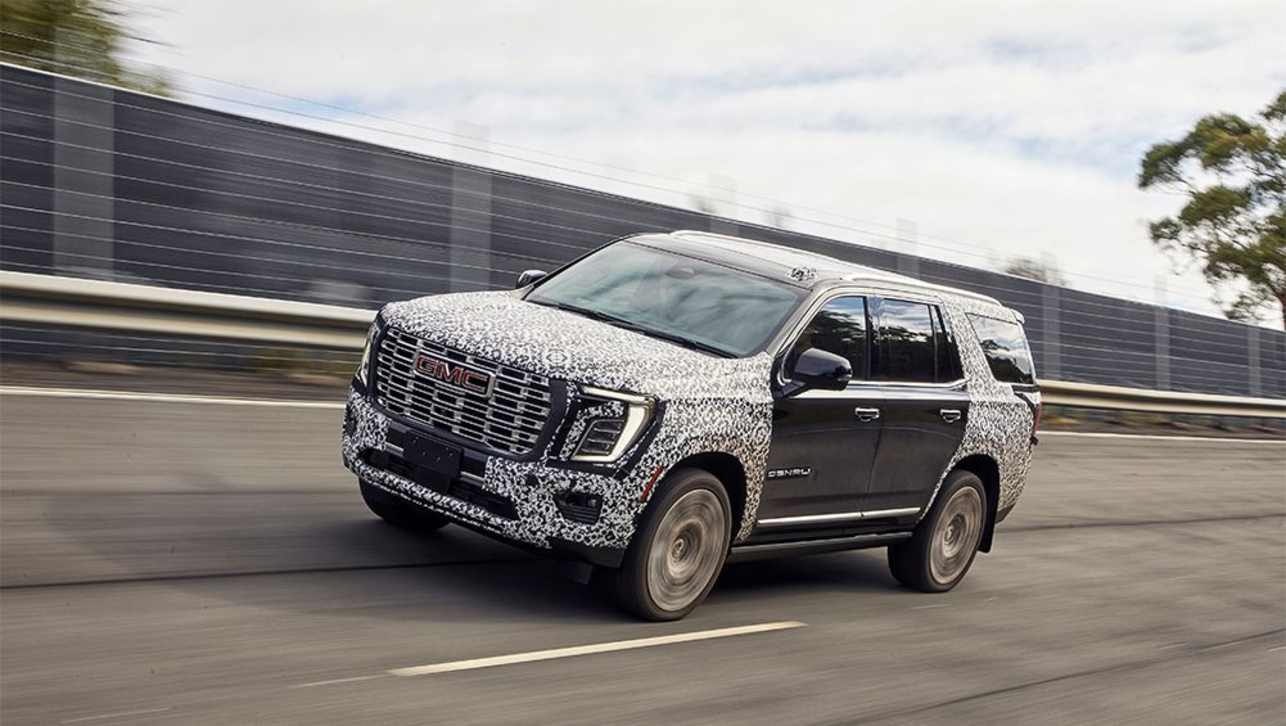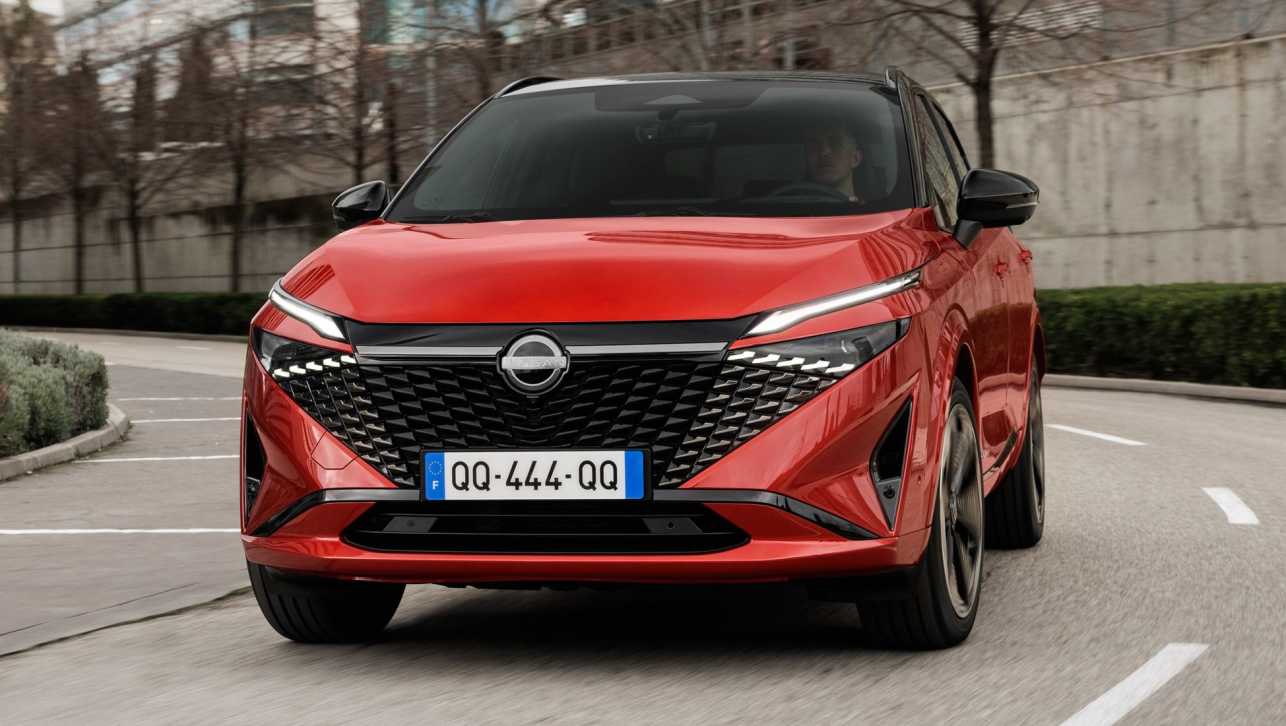It's not easy being green . . . and affordable. New technology costs a bundle and that cost is passed to customers, but Kia wants to give the world hybrids and fuel-cell cars that don't break the bank.
Kia, together with its sister company Hyundai, has developed a petrol-electric hybrid Rio sedan and has also created a fuel-cell version of its Sportage crossover wagon.
And these are not just pie-in-the-sky concepts. They are running vehicles and Kia is working hard to bring the technology to showrooms at the right price.
Kia admits its fuel cell vehicles are a way off, but petrol-electric hybrids could join the range from 2009, though a 2010 start is more likely.
The Rio hybrid might not be for public sale yet, but the South Korean Government is already running 780 of them and will expand the fleet to 3400 over the next two years.
At this stage each Rio hybrid costs about $40,000 because the numbers are so small, but its aim is to substantially undercut the Honda Civic hybrid at $32,990 and the Toyota Prius at $37,400.
Understandably, it is keeping quiet about exact prices, but Kia is happy to show what it is doing and rolled out a Rio hybrid in Seoul just before it was delivered for government duty.
The Rio is not a ground-breaker but does show the company has the expertise to produce a competent hybrid vehicle.
It uses a 1.4-litre four-cylinder petrol engine linked to a 12kW and 95Nm electric motor located between the engine and the continuously variable automatic gearbox, a similar layout to the Honda IMA hybrid system.
A battery pack in the boot is recharged through engine braking.
The petrol engine, which has been slightly modified to run in the Rio Hybrid, switches off at idle and fires up when the driver lifts their foot off the brake.
The electric motor assists the petrol unit under acceleration, which allows it to use less juice.
At this stage, the fuel economy of the Rio Hybrid stands at 5.3 litres/100km, which is pretty good, but greater gains are expected with the next-generation hybrid that Kia and Hyundai are working on.
The Kia/Hyundai fuel cell work started in 2000 with technology bought from US-based UTC Power. Since then, it has developed and improved the system.
It took the honours at this year's Challenge Bibendum in China, beating fuel cell vehicles from bigger players, including Daimler, GM and Nissan.
The Sportage fuel cell is more than a concept, with cars operating in South Korean and US Government test fleets.
Kia fuel cell senior research engineer Kim Saehoon said the company is not sure when it will introduce a fuel cell model but is on track for production by 2012.
He said hydrogen-powered cars will cost more, but not for long.
“It may cost 20 per cent more (than a petrol model), but you will save money because hydrogen will be much cheaper than petrol,” he said.
“Our target is that, by 2020 to 2025, a fuel cell vehicle would cost the same as a regular ICE (internal combustion engine) car.”



.jpg)

.jpg)
.jpg)


.jpg)
.jpg)
.jpg)

.jpg)

.jpg)


.jpg)











Comments